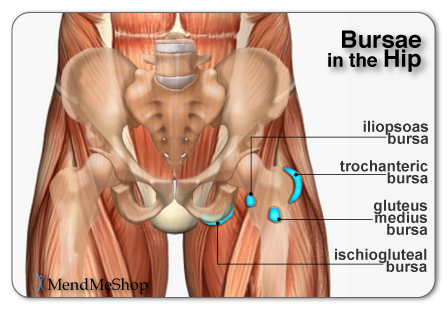Anyway, I am 67years, a man and I have been having increasing problems with having regular bowel movements. I feel completely stuffed up after eating a little bit of food at a meal. So I am not eating a whole lot. I think I eat a variety of foods. I enjoy vegetables and I drink a good bit of water.
I don't have any medical problems except for some high blood pressure, and that is controlled with Diovan. I have some allergy issues in the spring and a little in the fall. My doctor tells me that my cholesterol is good. My weight is ok I think. Otherwise, everything is just fine.
I have tried a few things to help. All of the old people are using Metamucil on tv. So I tried that. It helped a little. I tried some exlax but that made me hurt a little bit and i do not want to get hooked on that stuff.
I'm not sure what else to do even though there is a lot of stuff out there. Any tips?
Bob, Michigan.
DOC2 Here:
Bob I apologize for getting to your question today after posting it yesterday. I was kidnapped by a cadre of children who share my last name yesterday for a trip. So, here are my comments.
Constipation can be a terribly uncomfortable problem. It is well recognized that the likelihood of constipation increases over time as we get older, but let's set that aside because we have yet to discover the fountain of youth and couldn't do anything about that. (Of course there are people who say on the internet that they HAVE found the fountain of youth, but I think that they may be telling a fib.)
The mechanics of the GI tract are dependent on several factors: lubrication ("gastric juices"), mechanical movement ( spurred by vascular, muscular and nervous system involvement), some substances to go through it (food products), and good absorption of nutrients in the proper areas of the gut just to name a few.
You must be drinking enough water and not caffeinated products. (Some people say that coffee makes them have a bowel movement. This may be true, but it's not the caffeine that spurs it on.) Generally liquids spur movement. Another thing that spurs movement is regular food intake. Skipping meals is a no-no. Eating fibrous foods is important. Vegetables are important. Metamucil or other "fiber laxatives" are stand-ins for vegetables, but they are not the best. The payback is that fibrous foods tend to be gas-formers also. So, don't go overboard. CHEWING your food is important. This is especially important with foods that don't normally absorb very well (such as beef or pork products). What you want to think about when you eat with regard to constipation is "How can I help my gut turn this food into a paste?" I know, sounds far-fetched but it's true.
Physical activity is also an important part of keeping regularity.
I am going to shorten this post by pointing you to an excellent website on constipation. The URL is http://digestive.niddk.nih.gov/ddiseases/pubs/constipation.
This site is EXHAUSTIVE but easily understandable. Any lay person can walk away from the computer after looking at this site and know almost everything that they need to know about constipation.
I hope that this helps. Shoot me back a comment if you have any further questions, and I will help you sort through it.
Have a "regular" day!!
